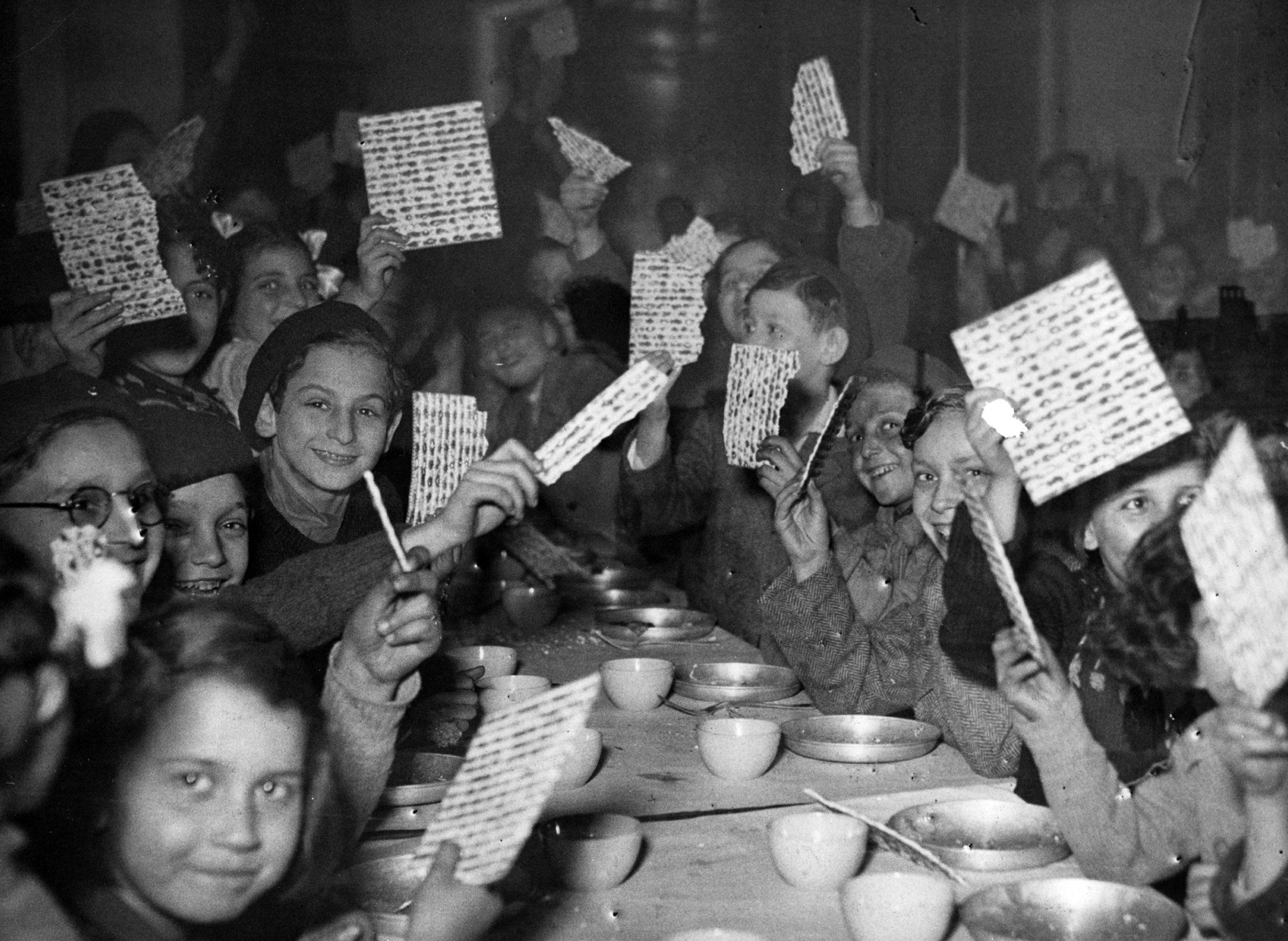
The Biblical story of the Exodus is one to which Jewish people turn every year, during the Passover holiday, which starts this year on Monday night, but it’s also one that has been recalled in times that are far from predictable. The tale of the horrors of slavery and the deliverance to freedom resonates whenever there is extra reason to appreciate liberty.
So it makes sense that, in the wake of World War II and the Holocaust, the Passover holiday held special meaning. One can see how in this rarely seen footage from a Vienna camp for displaced persons (DPs), in which Jewish DPs celebrate Passover in 1947. The video was unearthed recently in the archives of the American Jewish Joint Distribution Committee (JDC) during the course of a digitization project:
The images in the gallery above, also from the JDC archives, show that the experience of those in Vienna was one seen in many places around the world.
Before the war, celebrants would have traditionally marked the holiday with a seder — the ritual meal — at home and the central task of cleansing the home of any trace of bread other than the unleavened matzo that plays a key part in both the Passover story and the celebratory meal.
That was far more challenging during the war. Even those who were not sent to concentration camps would have felt the hardship of life in a ghetto, in hiding or in exile. They would have marked the holiday in a makeshift fashion, if at all. After the war ended, they would have found that many of their friends, family members and neighbors who had gone a different way had been killed, and that there was often no home to which they could return.
“The themes of Passover, going back to the language of the Exodus in the Bible, talk about going from slavery to redemption,” says Linda Levi, director of the JDC global archives. “This theme was not lost on this population in particular.”
Many of those survivors ended up in Displaced Persons camps like the one in Vienna in which this video was filmed. The JDC worked in such camps, where one of their roles was to provide for holidays as part of their mission of supplying the spiritual needs of the people — including providing “massive” shipments of the eggs, matzo, wine and other foods needed for a proper seder. (There were up to 30,000 DPs in Austria at the time who were in contact with the JDC, says Levi.)
“An all-out effort was made to establish meaningful seders in all of the DP camps in the area,” says Levi.
The JDC continues to provide Passover supplies to Jews in need up to today, including providing more than 50,000 boxes of matzo this year to elderly Jews in the former Soviet Union.
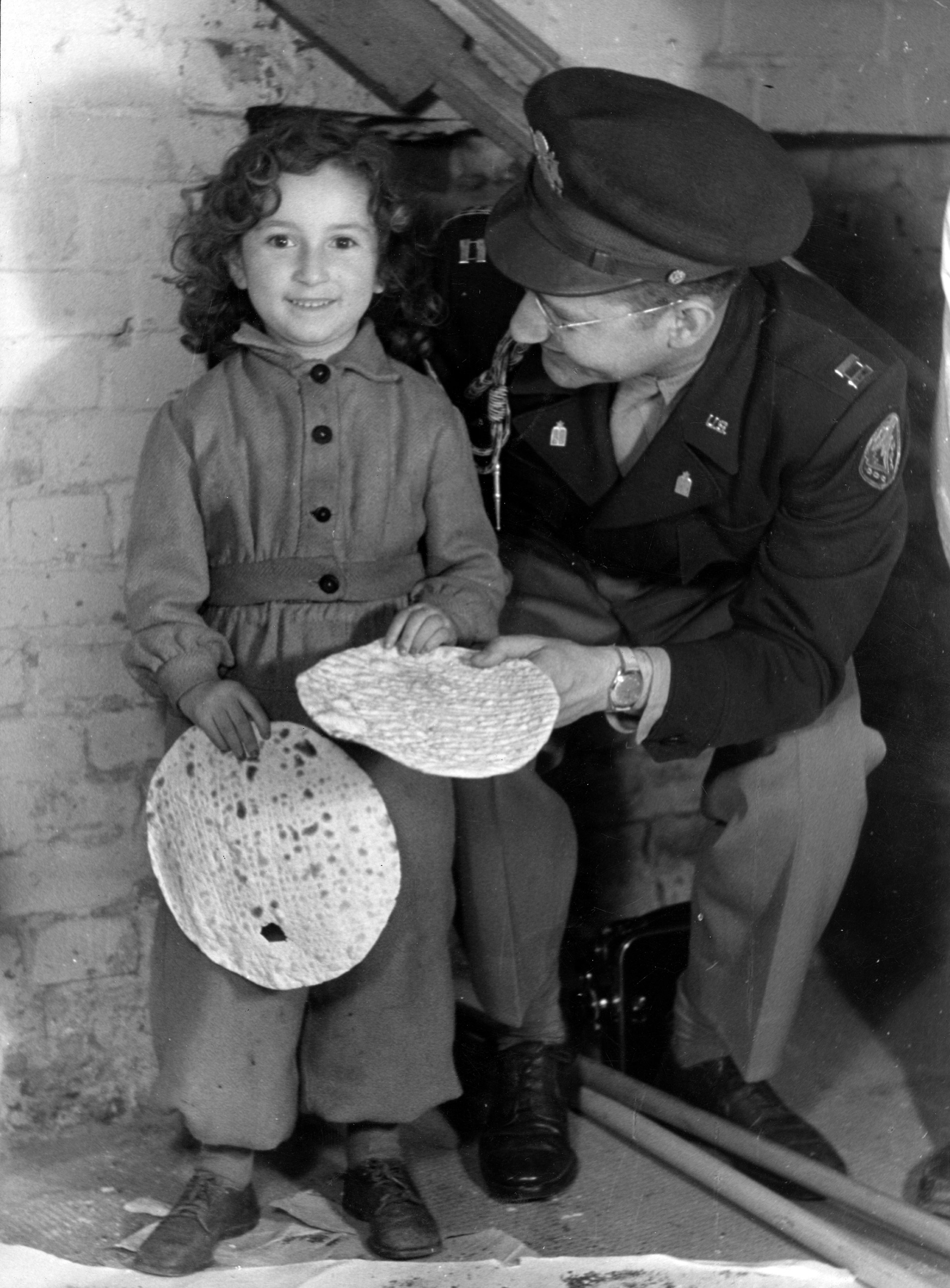
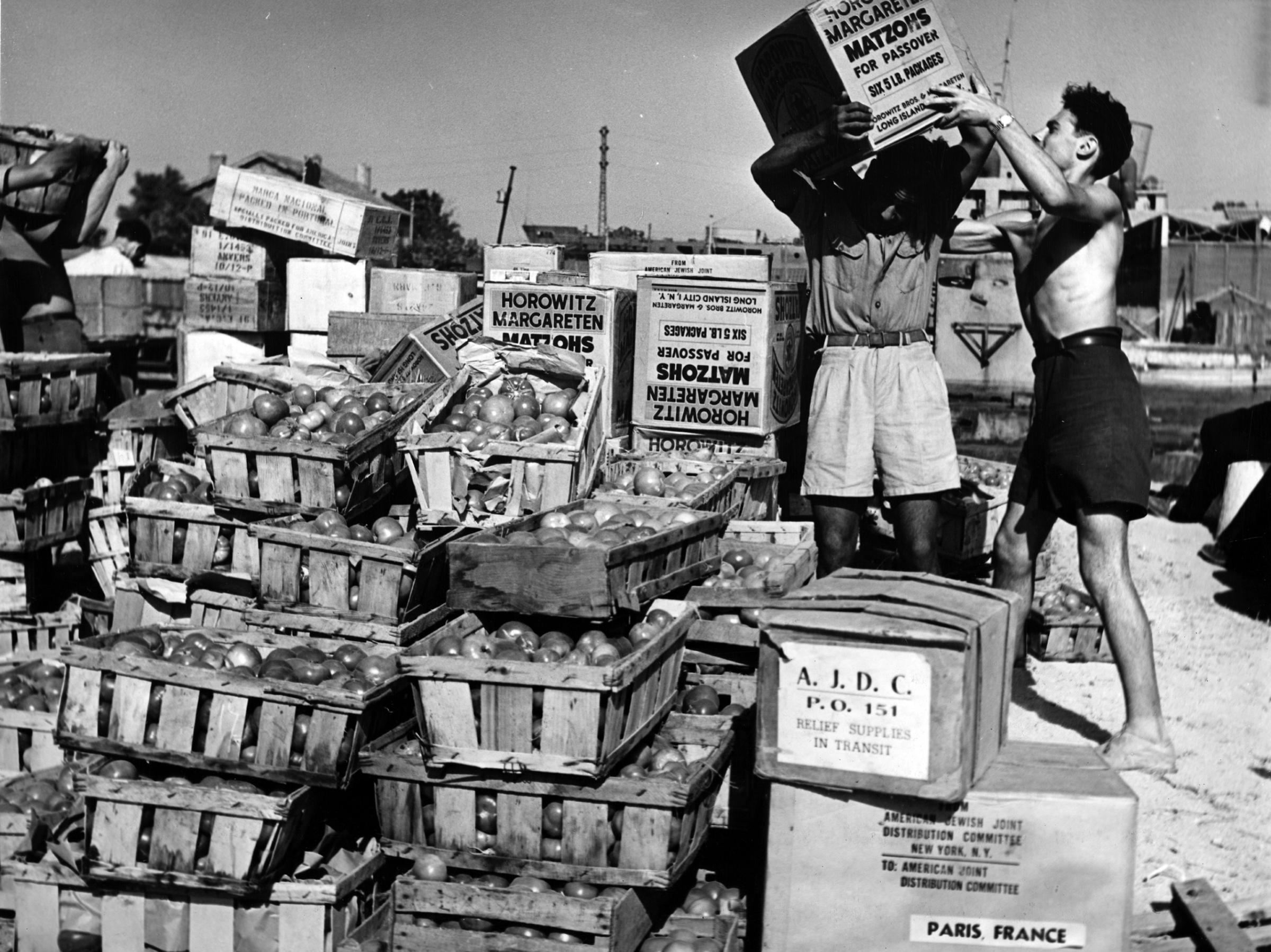
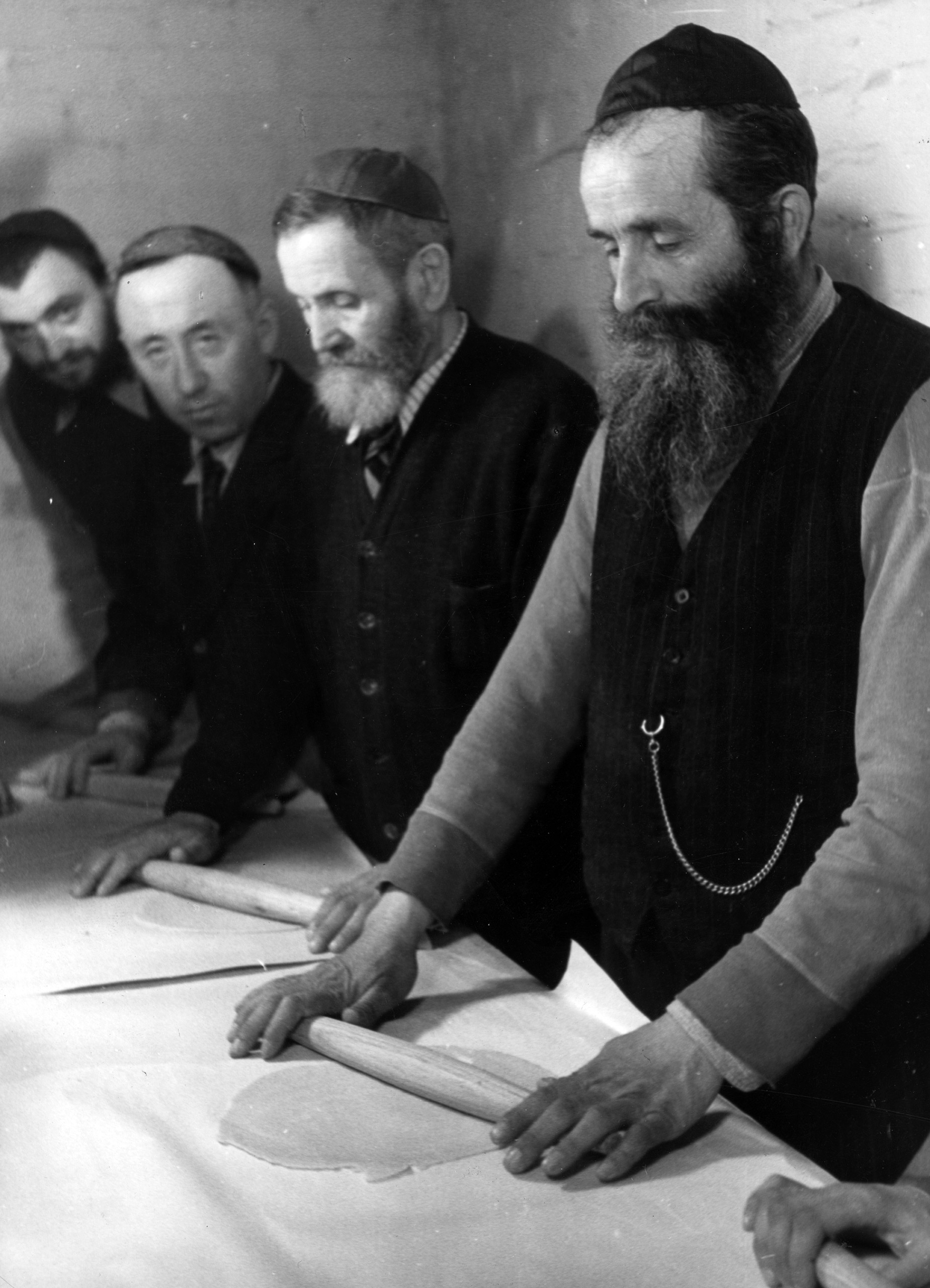
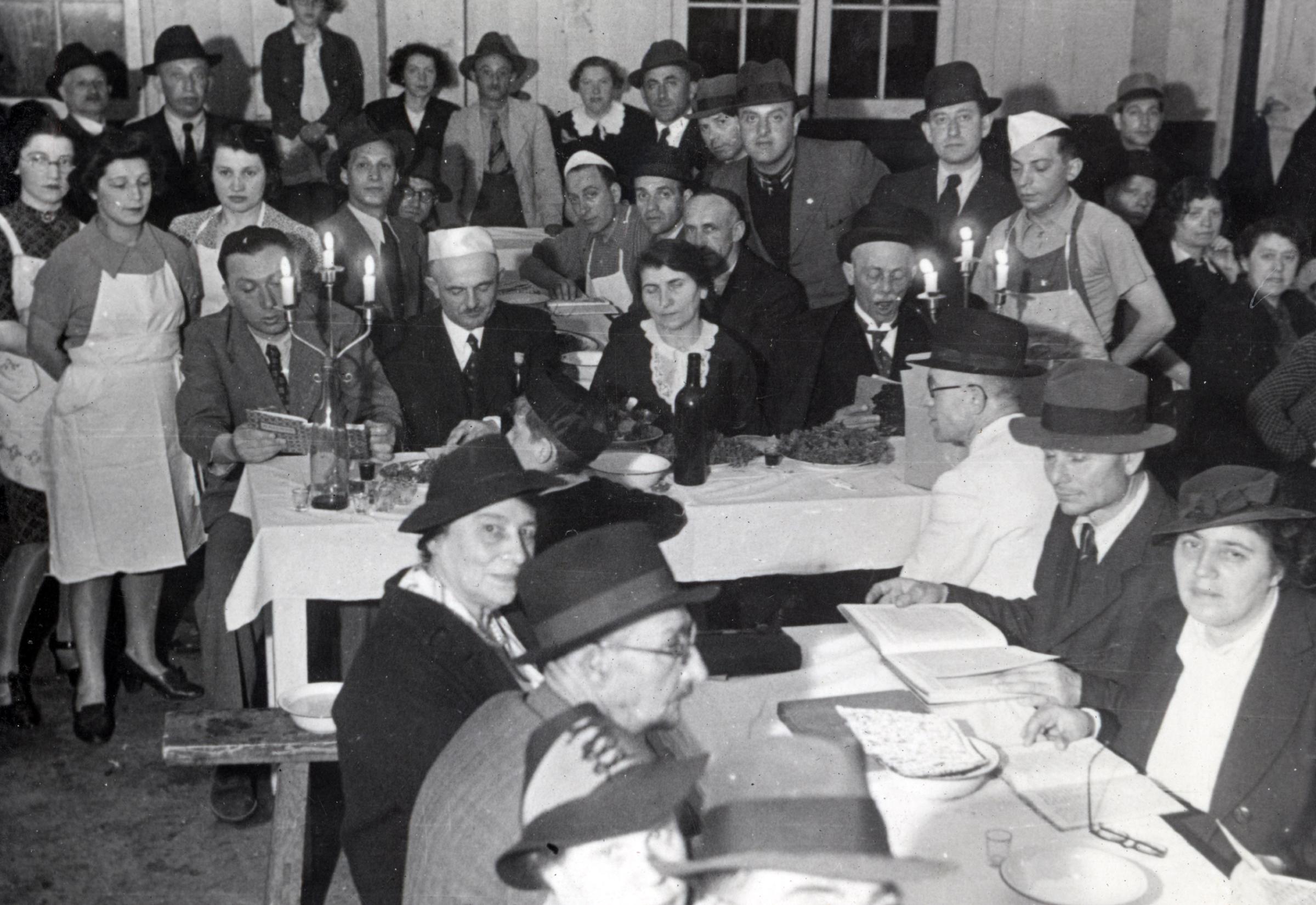
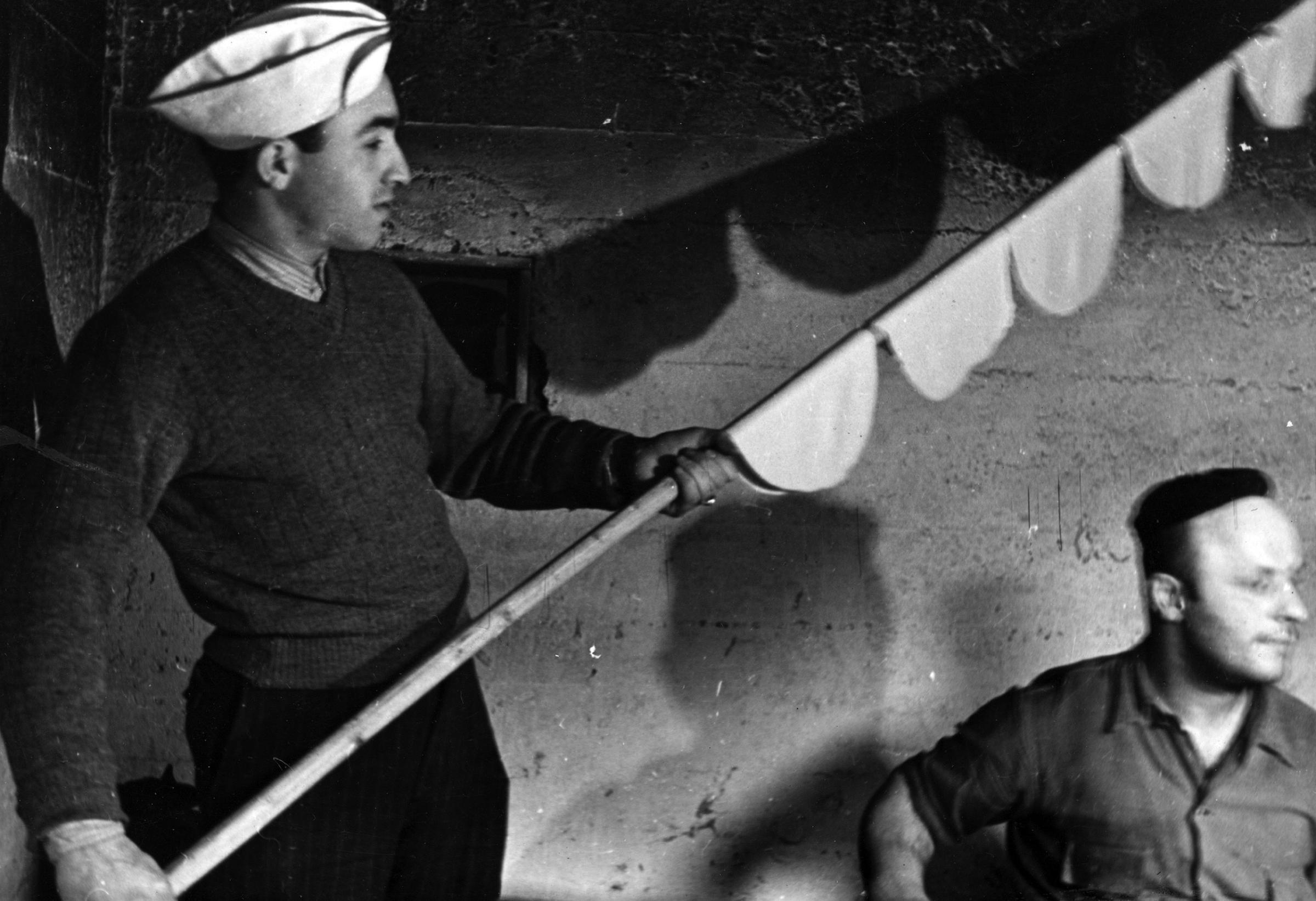
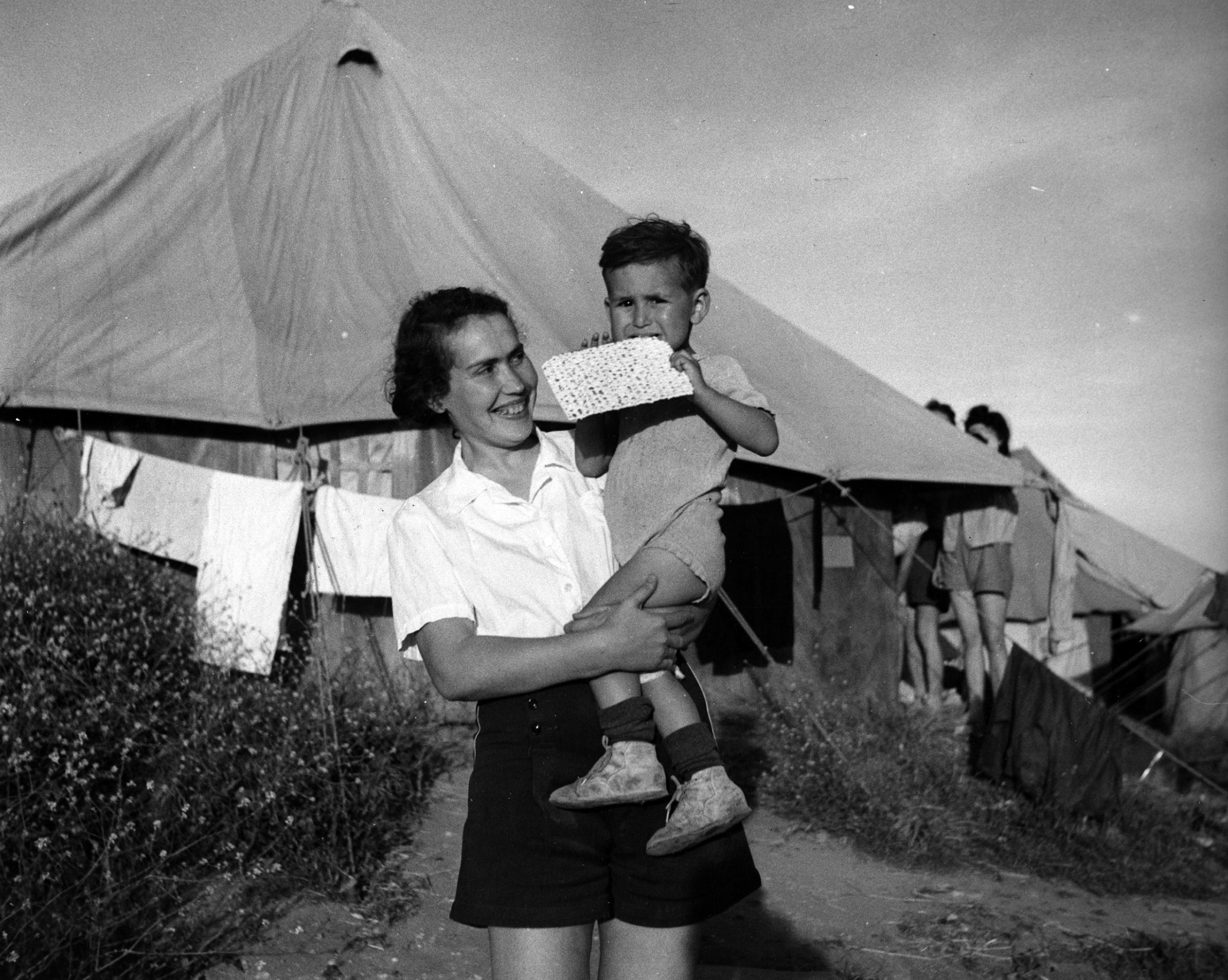
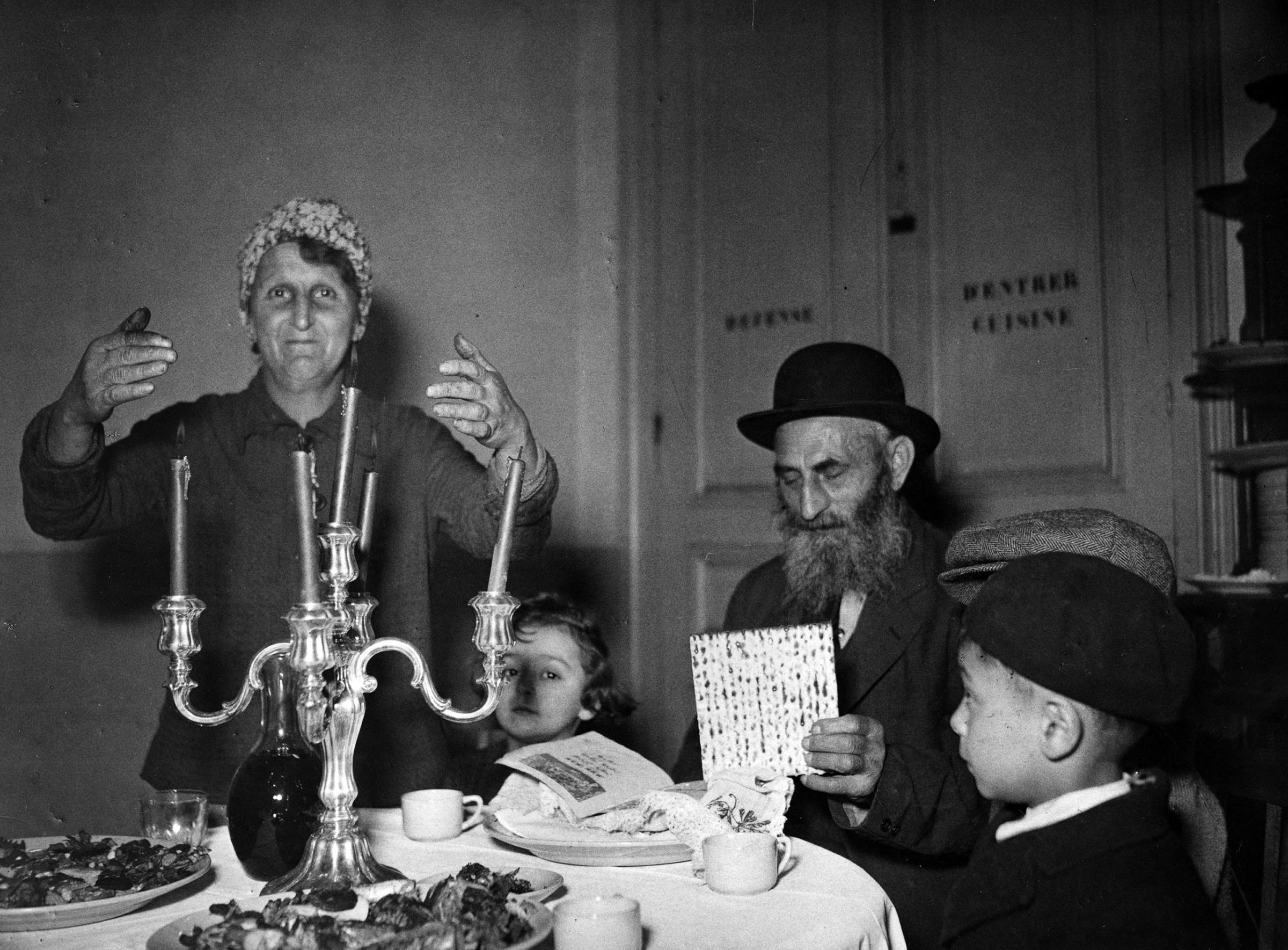
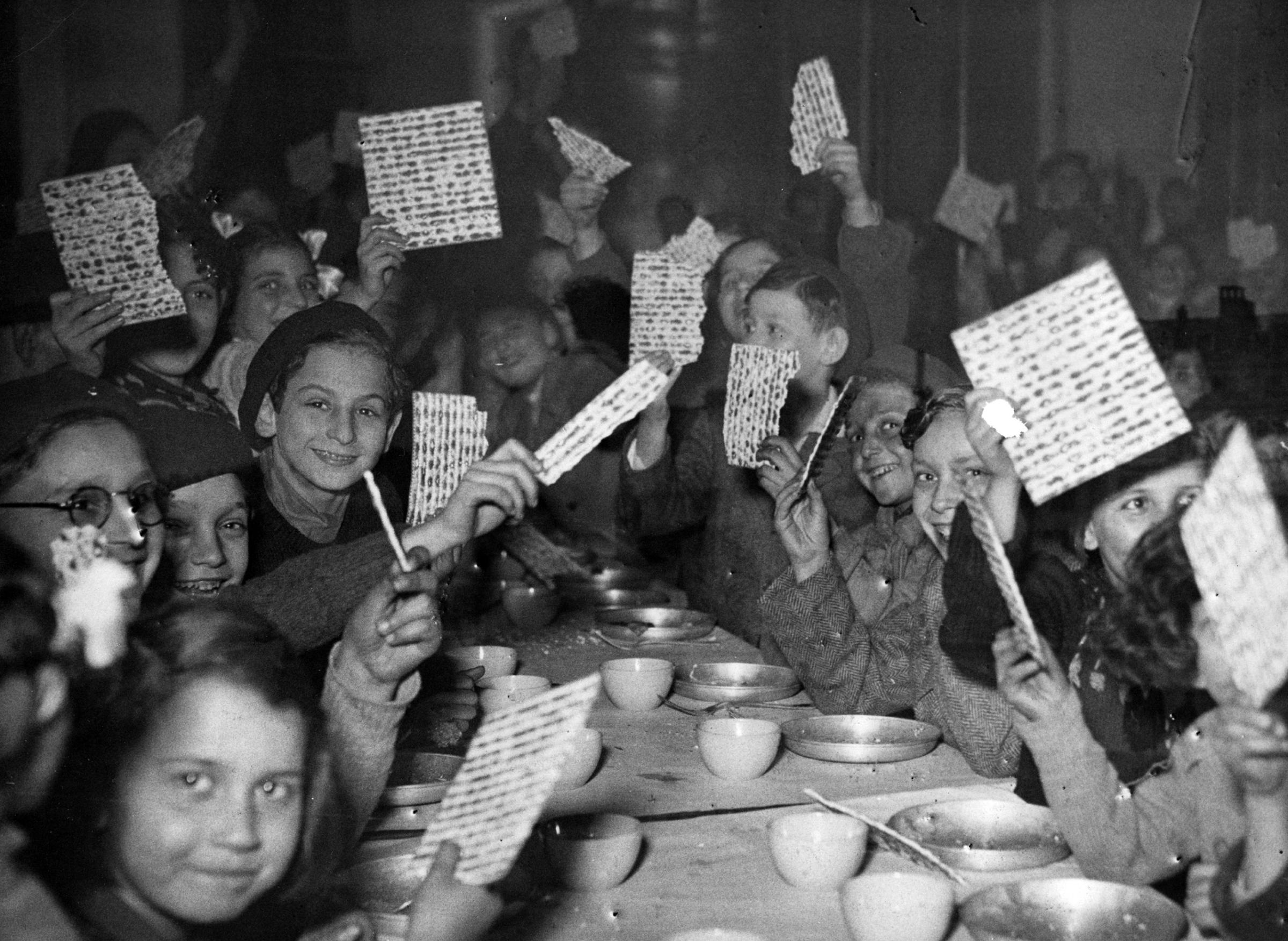
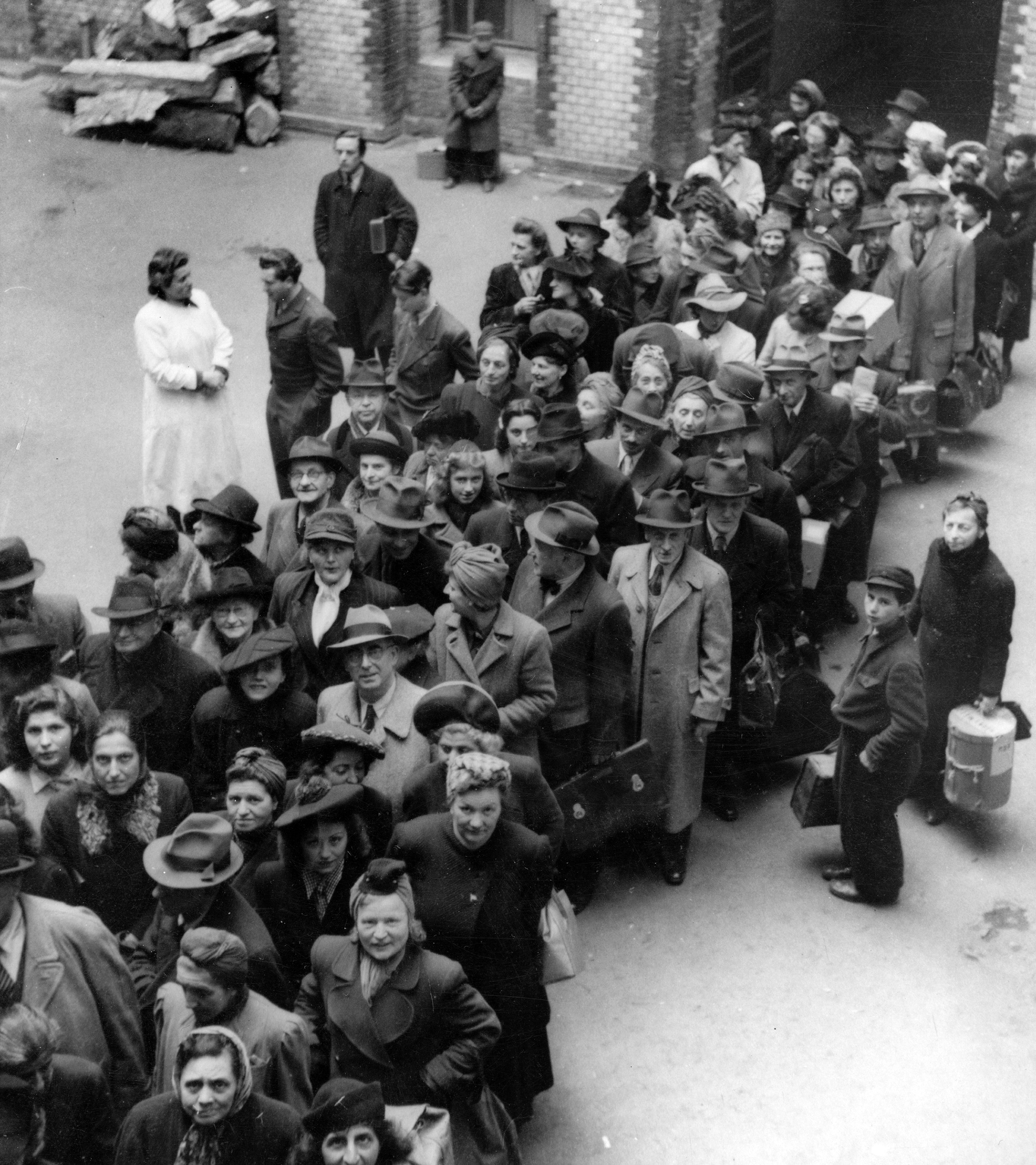
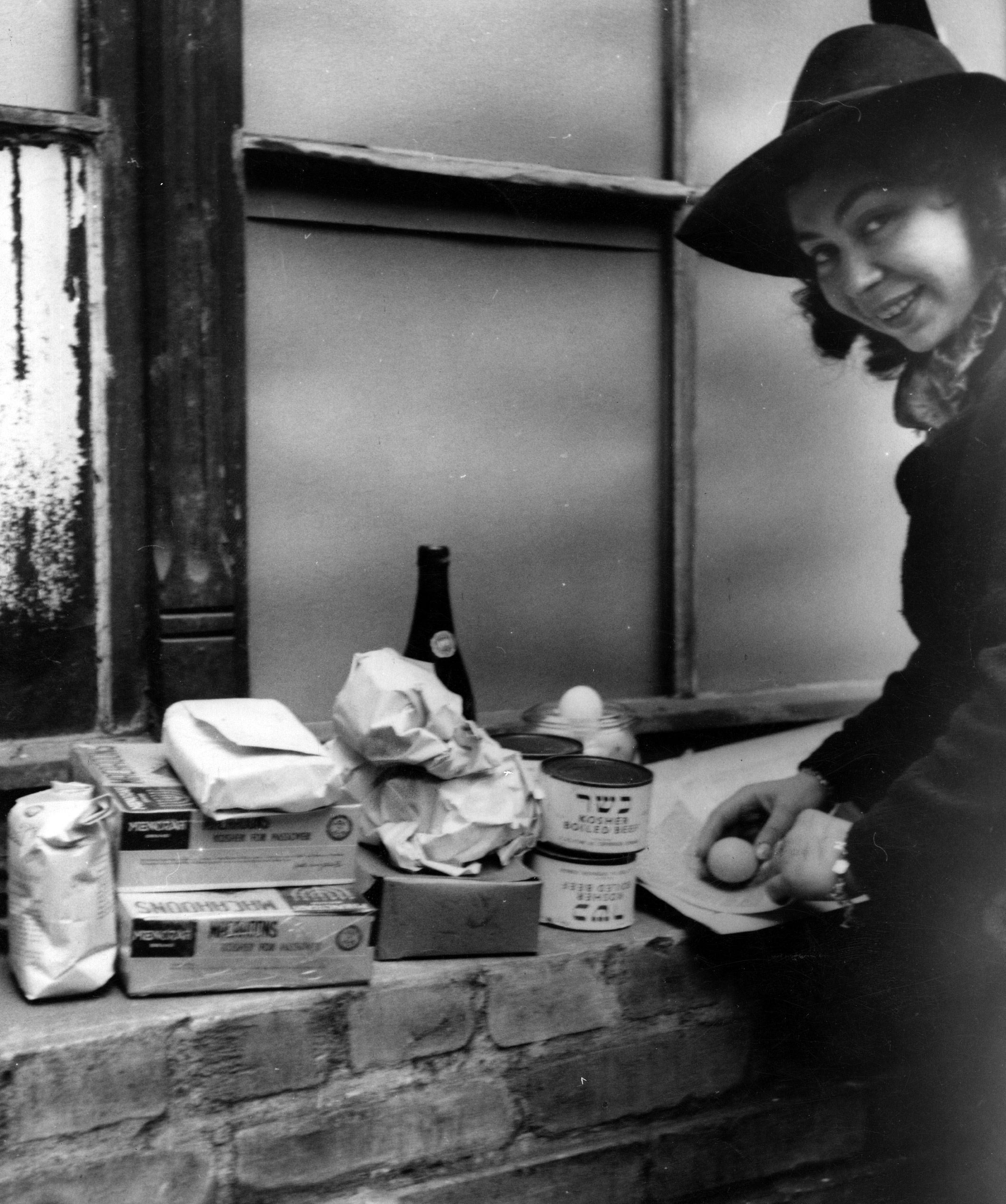
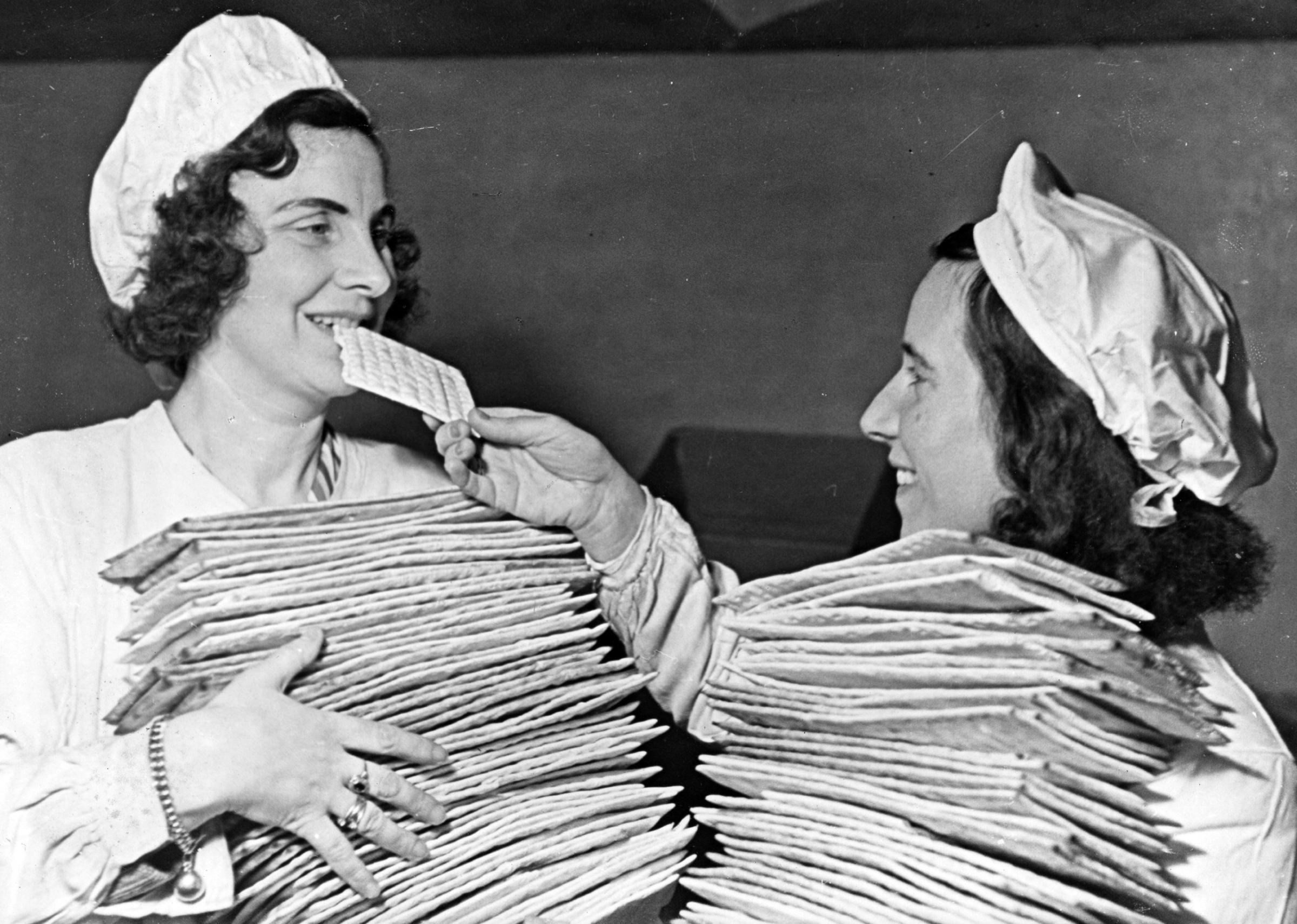
More Must-Reads from TIME
- Why Biden Dropped Out
- Ukraine’s Plan to Survive Trump
- The Rise of a New Kind of Parenting Guru
- The Chaos and Commotion of the RNC in Photos
- Why We All Have a Stake in Twisters’ Success
- 8 Eating Habits That Actually Improve Your Sleep
- Welcome to the Noah Lyles Olympics
- Get Our Paris Olympics Newsletter in Your Inbox
Write to Lily Rothman at lily.rothman@time.com